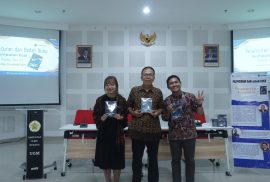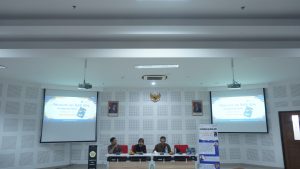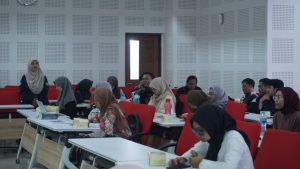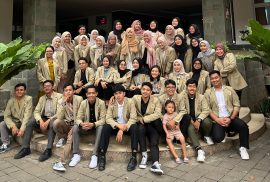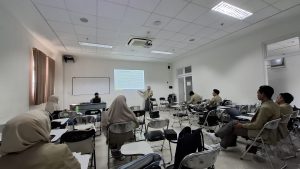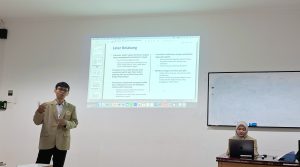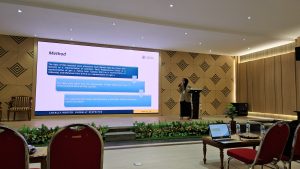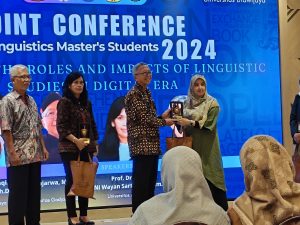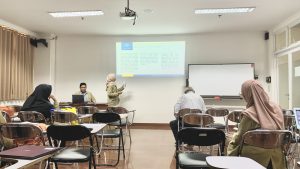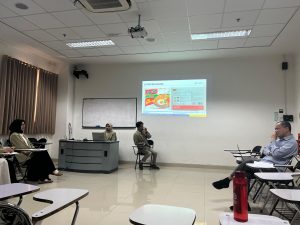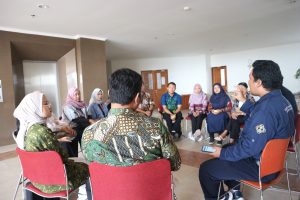On December 3, 2024, lecturers of the Master’s Program in Linguistics gathered in a meeting room at the University Club to evaluate the learning process and design the next curriculum for batch 2025. The lecturers sized up the material and learning processes implemented over the past year, including students’ assignments, credit requirements, and the thesis advising process. These educational components were analyzed to serve as the foundation for following curriculum design.

The main discussion in this meeting delved into the new regulation regarding Quality Assurance of Higher Education composed in Permendikbudristek No. 53 Year 2023. One of the learning components that is highlighted is the credit total. It is stated that––in Article 19––the students are required to complete a minimum of fifty-four credit hours and a maximum of seventy-two credit hours within three to four semesters. In response, this meeting was arranged to develop a revised curriculum aligned with the requirements. The lecturers proposed a new framework for the thesis process as part of the discussion.
“We are initiating a formal assessment at each stage of the process in order to meet the credit requirements,” explained Suhandano, the head of the Master’s program in Linguistics. The outcome of the meeting was a proposal to further review by the university, rather than a final decision.



